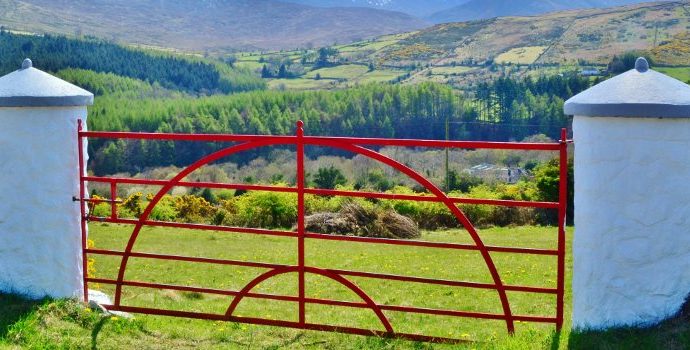Eu Support Package Misses Opportunity to Deal with Dairy Volatility

IFA National Dairy Committee Chairman Sean O’Leary has said the €500m budget of non-CAP funding supports agreed by the EU Council this week, probably mostly consisting of superlevy funds, is worthwhile. However, the uses the EU Council and Commission wish to put the fund to in the dairy sector miss out on a major opportunity to deliver a realistic floor for product prices in the context of extreme global market fluctuations EU farmers are poorly equipped to deal with. He asked: “Is the EU again playing for time and leaving farmers to await the inevitable, but slow coming, recovery?”
“The intervention system has been characterised by the EU Commission as a ‘safety net’, yet the Commission and the EU Agriculture Council this week refused not only to increase it, as we believe is absolutely justified and necessary, but even to start on the legally mandated process of reviewing it in light of production costs and market evolutions.
Dairy markets are now subject to extreme fluctuations, which farmers need support to manage. Providing a realistic intervention ‘safety net’ rather than a floor, which at 21c/l is several cents below the production costs of even the most efficient EU dairy farmers, should be seen by the EU Commission and the Council as a crucial part of helping farmers to deal with volatility. I am clear that this issue must be revisited,” he said.
“The agreed enhancement of the private storage scheme for dairy products and the re-opening of the cheese scheme are all laudable initiatives, although the Council’s announcement is short on operational details. Higher storage cost subsidies and longer storage periods would be beneficial, but we cannot have a situation where the EU Commission tries to replace intervention with private storage,” he said.
“The announcement of national funding envelopes to provide additional farmer supports through member states is also still sketchy. IFA would prefer those funds to be used to support markets, thereby speeding up the end to the current downturn, but it is now Minister Coveney’s job to maximise Ireland’s share of the €500m package,” he said.
“Furthermore, while additional promotion for dairy products and work on re-opening markets and removing trading obstacles are all very important, their impact tends to be longer term,” he added.
“I believe Minister for Agriculture Simon Coveney and EU Commissioner Phil Hogan cannot consider their work is done. They must revisit the intervention price level issue, not just with this year’s crisis in mind, but as proof of their real commitment to helping dairy farmers deal with the new long term cyclical and volatile nature of global dairy markets,” he concluded.




